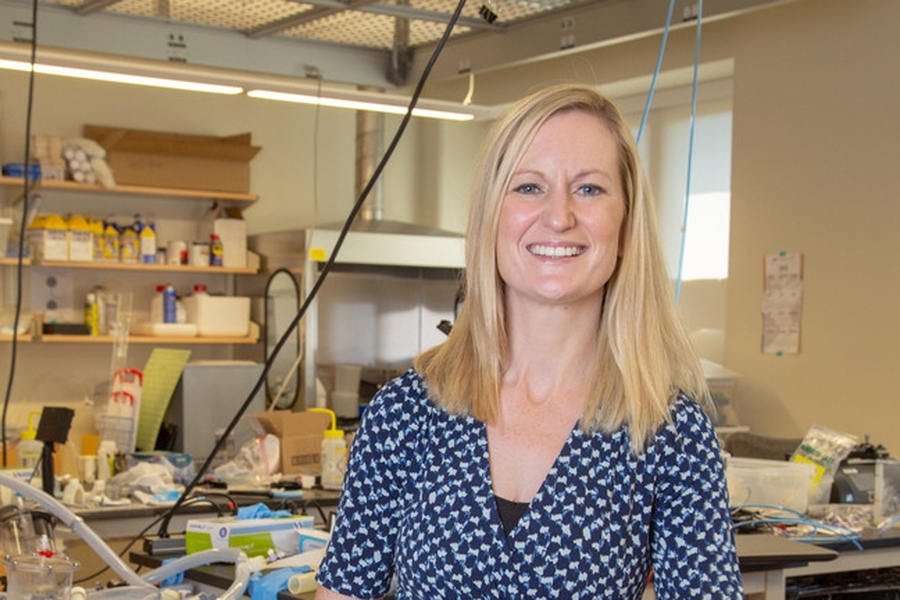
Photo Credit: news.mit.edu
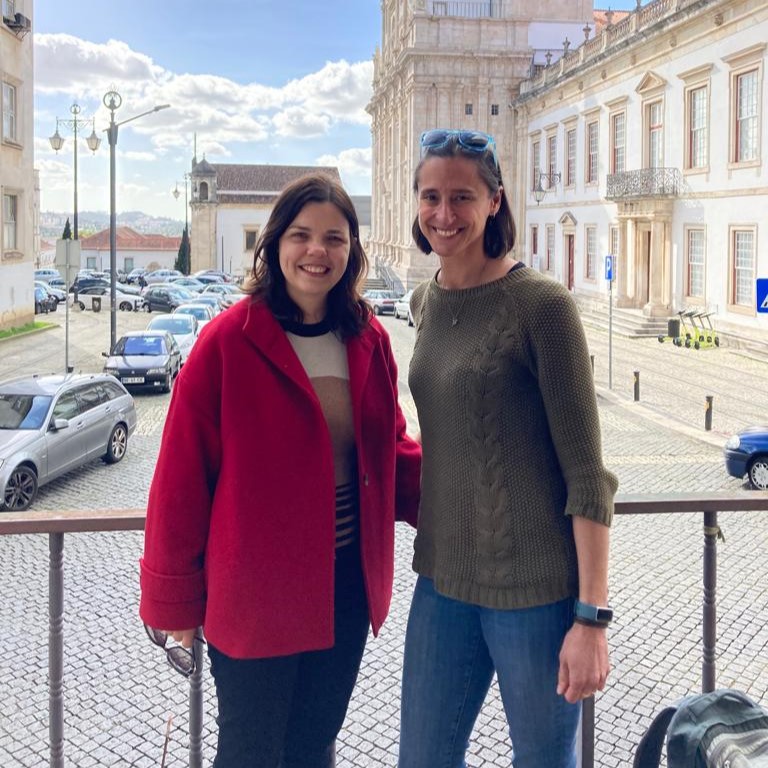

As medical technologies and treatments evolve, doctors, scientists, researchers, and public health professionals are collaborating across borders to tackle complex global health crises, improve outcomes, reduce disparities, and influence public policy with the goal of creating healthier communities.
Fulbright plays a critical role in addressing some of the most pressing public health challenges, by connecting students and scholars around the world with mentors and counterparts to share knowledge and research, and to build networks.
Translating Science, Building Trust
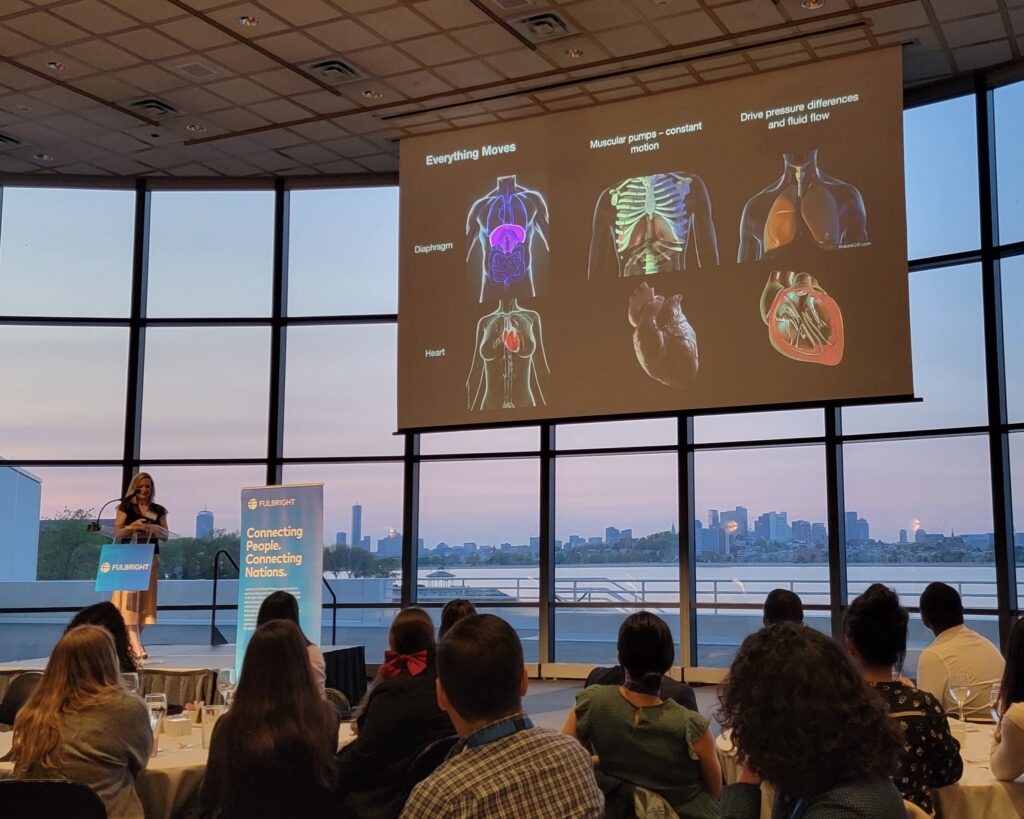

To underline the importance of innovation and collaboration in contributing to solutions, Fulbright brought visiting students together for a seminar in Boston in May 2023 titled “Public Health in a Complex World: Translating Science, Building Trust,” held in conjunction with Massachusetts General Hospital’s Mass General Research Institute.
Participants heard from subject matter experts about cutting edge innovations in biotechnology and public health. The keynote speaker was Dr. Ellen Roche, a Fulbright Foreign Student alum from Ireland who directs the Therapeutic Technology Design and Development Lab at the Massachusetts Institute of Technology and is an associate professor at MIT’s Institute for Medical Engineering and Science. Dr. Roche discussed her work combining soft robots with dynamic organs and biological systems, such as by creating a bionic “heart” that offers a more realistic model for testing out artificial valves and other cardiac devices. She told the current Fulbrighters she was excited to be in the room with them, and explained that it was during her time as a Fulbright Science and Technology Fellow in the United States that she began building key relationships and expanding her expertise in bioengineering.
During the multi-day seminar, scientists and researchers shared their perspectives on forming interdisciplinary teams to translate science, build trust, and make information accessible. To help them understand public health policy challenges and potential solutions, the Fulbright Program arranged for the students to visit science and health organizations, including Boston University SciCommers, a community of scientists and engineers dedicated to engaging the public through better science communication; Brigham Digital Innovation Hub, which is at the forefront of integrating technology and health care; Fenway Health, an innovative public health organization that supports underserved communities; the Metropolitan Waterworks Museum, one of the nation’s only museums dedicated to public health infrastructure; and the Museum of Science’s Project Vaccine, which works to equip and inspire everyone to use science for the global good.
The seminar also engaged Fulbrighters to practice translating science through workshops led by the Mass General Research Institute. 120 participants from all over the world, who are studying at different universities in the United States, split into small groups to develop and present science communication plans on topics such as substance abuse disorder, Alzheimer’s disease, and assistive technology for those with disabilities.
Scientific Collaboration
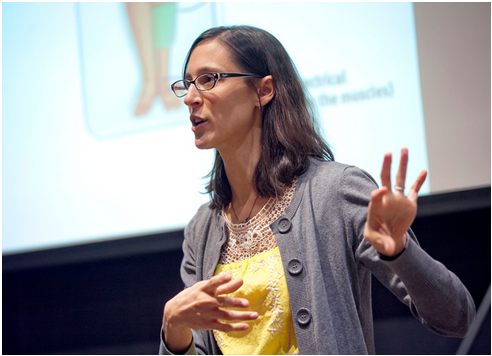
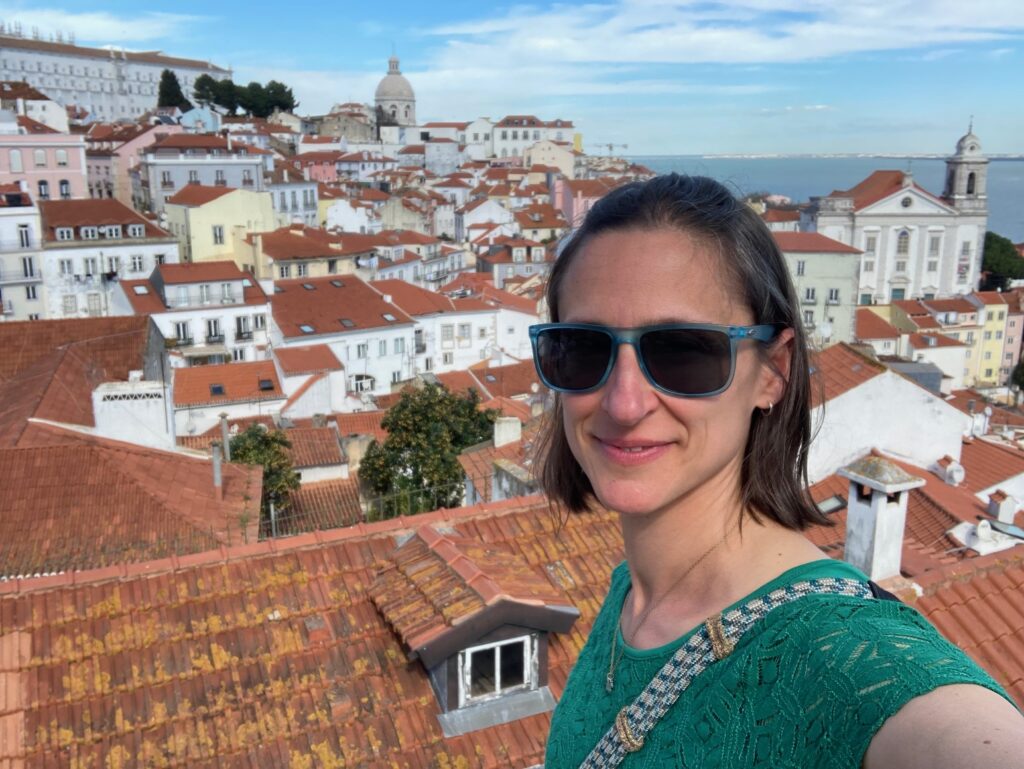
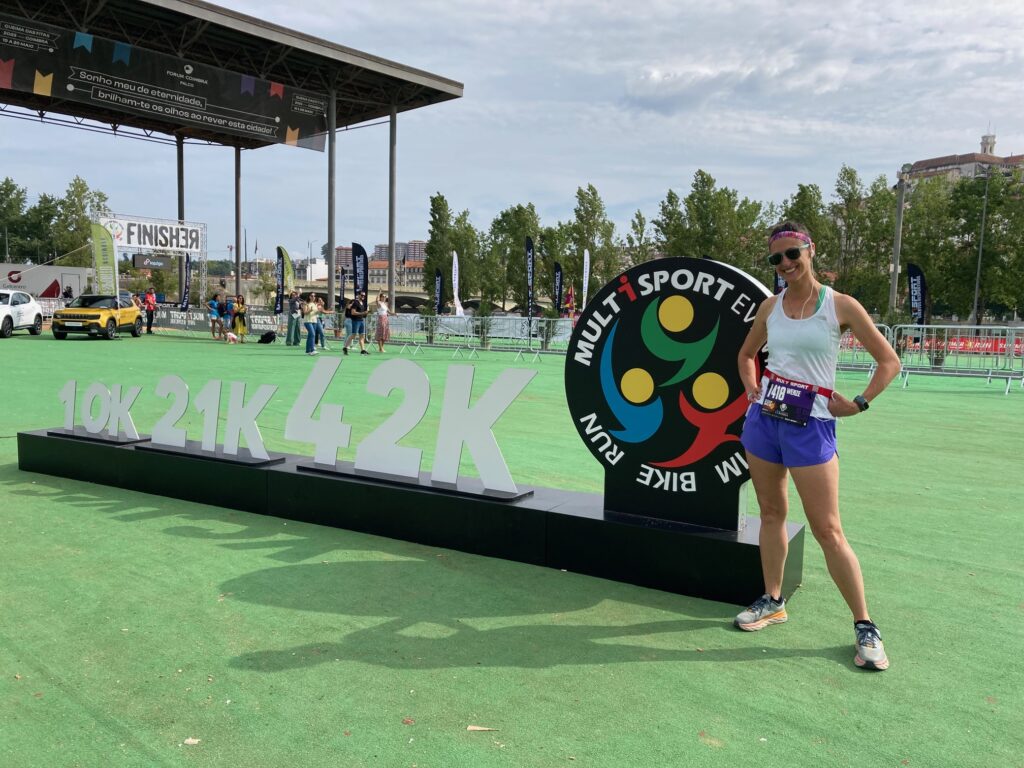
Individual Fulbright Students and Scholars working in many different fields demonstrate how Fulbright fosters collaboration across borders to address common public health issues.
As a Fulbright Scholar in Portugal in 2022-23, Dr. Sue Wenze worked with a team at the University of Coimbra to improve mental health care for mothers of multiples (twins, triplets and beyond.) Her research gathered data on mobile mental health support interventions targeting the early postpartum months, since new parents typically report that simultaneous care for two or more newborns in these early months can present immense challenges that lead to stress, sleep deprivation, and isolation. Wenze, a mother of identical twin daughters herself, saw her Fulbright term as an opportunity to set the stage for a long-term collaboration.
Wenze’s prior research indicated that telehealth support has strong appeal for these parents, who may experience difficulty getting to face-to-face therapy sessions. For that reason, she proposed a collaboration with faculty at the University of Coimbra, who were testing mobile interventions with new mothers. Together, they extended the research plan to gather data on Wenze’s new population. Clinical research with community populations takes years to carry out, and following the end of her Fulbright, Wenze has continued the collaboration virtually—enrolling more research participants, tracking them over time, administering follow-up assessments, and analyzing data for publication and presentation.
Wenze plans to draw on her own Fulbright experience to benefit her students when she returns to teaching at Lafayette College, providing opportunities for her psychology students to be involved in and learn from the research process and discussing the process of psychosocial treatment development in her classes.
Community Health
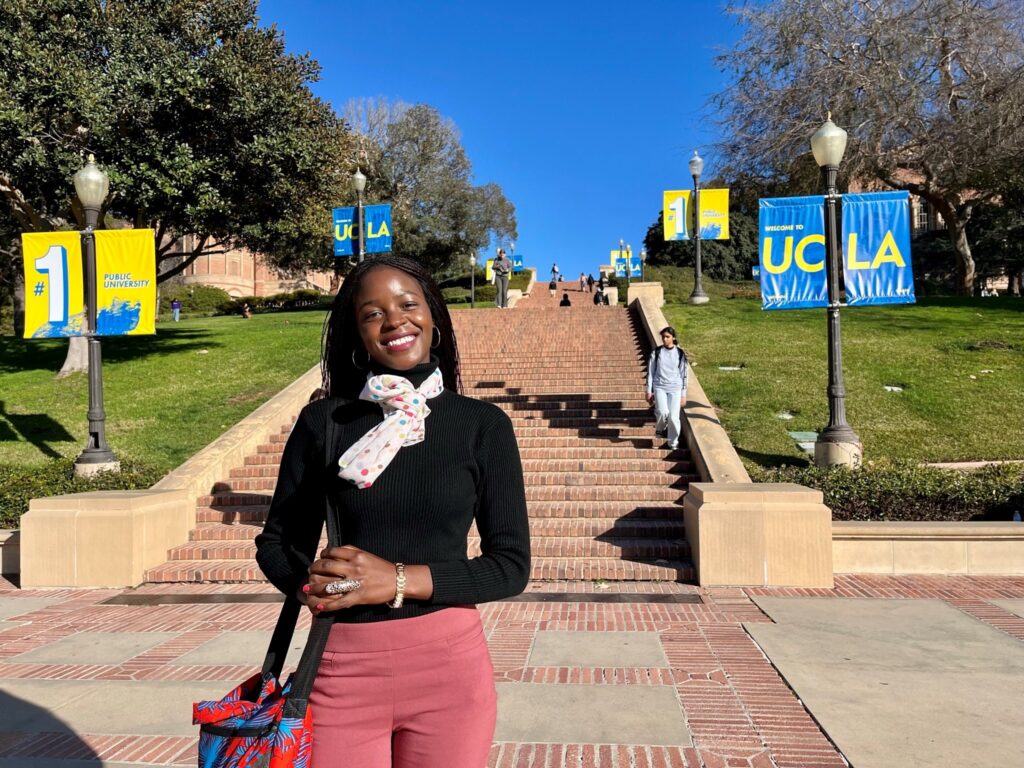

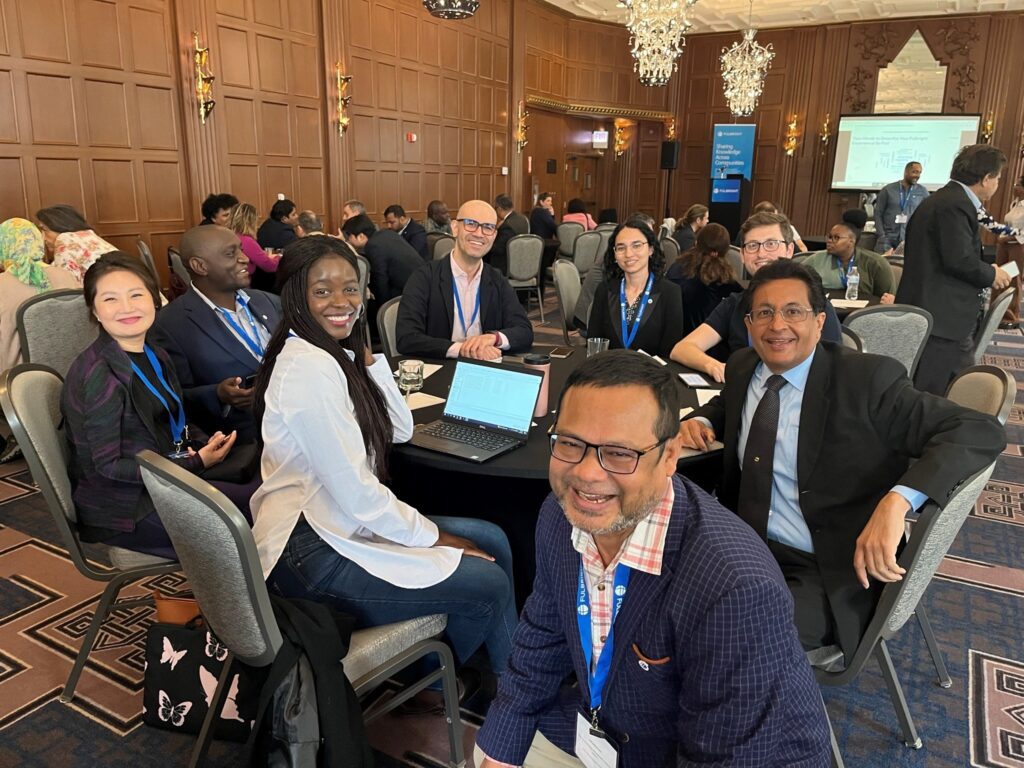
Chilungamo M’manga is making a difference in the lives of young people in Malawi. After graduating from University of Malawi and earning a master’s degree in developmental and child psychology, she became a licensed psychologist. As a lecturer, she teaches and conducts research in childhood and adolescent mental health. In her early career, she volunteered as a school psychologist, and counseled youth experiencing mental health challenges. Her Fulbright experience has equipped her to take this work to a higher level, working with national and international organizations to have more of an impact across the population.
Recognizing the importance of providing mentorship opportunities for young women, she had started an organization at her university called “Mentor-to-Mentor” to promote young people’s mental health and wellbeing. Mentor-to-Mentor expanded during the COVID-19 pandemic to provide virtual counseling and information sessions to young men and women in high school and university throughout Malawi and other parts of Africa. As an advocate for mental health awareness, M’manga took to the media, speaking out through television, radio, newspapers, and social media to educate the public about the impacts of the pandemic on mental health. M’manga was eventually approached by Malawi’s Ministry of Health to assist in developing a national strategy around mental health support and suicide prevention.
She applied to the Fulbright Program to pursue this goal, and in 2022 the program supported her as a visiting scholar at UCLA’s School of Nursing, where she trained with expert faculty in the development of a psychology curriculum.
During her time in the United States, M’manga took part in a Fulbright Scholar Enrichment Seminar in Chicago titled “Public Health: Chicago’s Creative Approach to Improving the Health of Our Community.” Commenting on the experience, she said, “It was such an amazing time of learning, interacting with other Fulbrighters from around the world. We shared different research we are involved in and had time to discuss some of the possible solutions to different public health problems in our countries and communities.”
On returning to Malawi in April 2023, M’manga has put her new training to work, advancing mental health on a national level. In her first two months at home, she was invited by the Ministry of Health in collaboration with Grassroot Soccer (GRS) to contribute to a comprehensive mental health program that addresses the mental health challenges adolescents face in Malawi, and she conducted a training session on men’s mental health through the United Nations system in Malawi.
She founded House of Therapy—a mental health practice with the mission of providing access to affordable mental healthcare to people of all ages, groups and families. She has continued to contribute to mental health awareness campaigns and trainings in community centers, schools, workplaces, and churches to promote help-seeking, eliminate stigma, and encourage early treatment, and takes part in the online Mentor-to-Mentor Forum to reach a nationwide audience.
Reflecting on her Fulbright experience, M’manga says it showed her the global context for mental health and equipped her to take her practice to the next level. “The Fulbright experience… helped me engage different world-class professors and mental health professionals in interviews and discussions. They shared different mental health resources, interventions and assessment tools and invited me to different mental health-related training sessions. This boosted my confidence and expertise in the field, igniting more interest and passion in me to make a difference in terms of mental health in my country.”